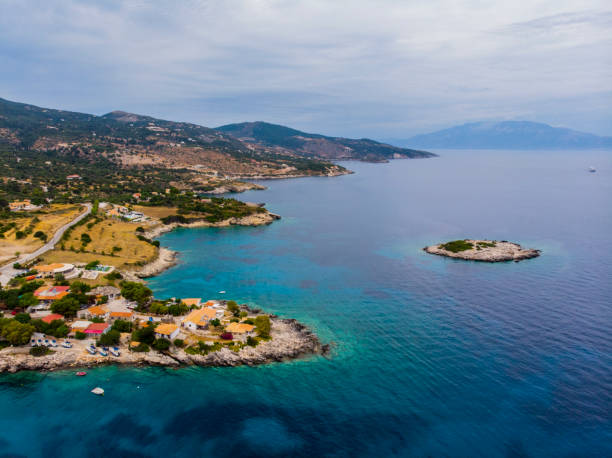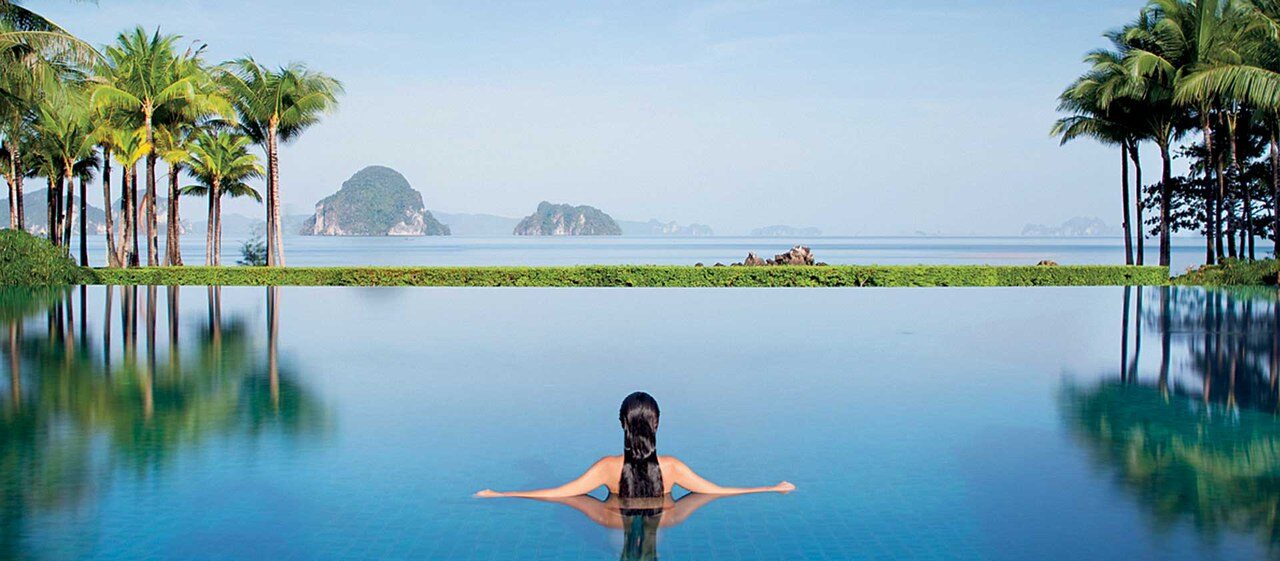
Traditional Hawaiian Culture
The ancient Hawaiians practiced aloha aina, a loving spirit of the land, every day. These people are known for their welcoming and generous hospitality, and the belief in sacred rituals is still strong today. The Hawaiians cultivated their own medicinal herbs and cultivated their own crops, and the plantation lifestyle is a part of their traditional lifestyle. While the islanders practice a very spartan lifestyle, they do still value the importance of family, hospitality, and informally adopted people.
Despite being isolated, many early Hawaiians still practice their ancient customs. They live a traditional lifestyle and have maintained their unique beliefs. They worship the sun and the lono, a god of peace, fertility, and agriculture. One of the most important festivals is called makahiki, and is a celebration of the harvest. The laulau is a bundle of pork or chicken with salted butterfish, wrapped in taro leaves and served with steamed mashed taro plant.
In ancient Hawaiian culture, the maka’ainana (commoners) lived in the lower castes, which were the maka’ainana. They supported the higher castes by subscribing to their rites. These people were referred to as kauwa, which means “outcast” in English. They were usually slaves or prisoners of war. Throughout the history of the island, priests had high respect. They were called kahuna by all, and were considered specialists in specialization and religious rites.
The makaainana lived in their families and supported their communities. They tended to be the most influential members of the society, and were the primary source of money. Their power came from a mystical worldview that allowed different gods and spirits to imbue the land with energy. Rainbows and the rain are a manifestation of the Hawaiian god of light, while the clouds and peaceful breeze are signs of the god of life. Their chiefs were called alii nui, which was the highest of the four main islands. In other words, they were the ones who ruled the Hawaiian islands.
Religion in ancient Hawaiian society is important for everyone. The islanders practice Eastern and Western religions and are able to practice their faith in the traditional Hawaiian way. In addition to the various forms of worship and spiritual practices, the Hawaiian people also have a deep respect for the environment. Moreover, they believe in the power of natural elements and the importance of the soil. While the sun and the ocean are the two main factors in traditional Hawaiian culture, their lives are intertwined.
While the ancient Hawaiians were largely based on the belief that humans have ‘three souls’, they believed that there are three distinct entities: the lower soul, the middle soul, and the higher soul. These three components of the self are connected and form ‘the self’. Their harmonious relationships with these entities can help them overcome any obstacles and live a healthy life. In fact, many people still practice their beliefs in their everyday lives.
The mystery of the Hawaiian system of succession is solved
In the traditional Hawaiian culture, the males and girls of a family were raised by their grandparents. The father’s parents were also the primary caregivers for their children. They taught the boys how to plant and harvest plants, and their mother taught the girls how to cook and eat. These activities were not limited to the physical aspects of life. Instead, they included the spiritual aspects of everyday life. A person should try to cultivate all three elements, not just one, or they will suffer from illnesses.
The kapu system in Hawaiian culture is a rigid matrilineal system. This means that the ali’i, or women of the same rank, had to marry the son of another chief. The son of a chief’s daughter would inherit the parents’ rank, and vice versa. If a woman had a child with the mo’i, she had to be a maiden. The ali’i were responsible for preparing food and entertaining the mo’i by dances. Common people, or maka’ainana, were the common people. They performed the majority of the tasks necessary to maintain a community, such as picking and harvesting.
In ancient Hawaii, a man or woman was the main ruler of a region. He was considered the king of the lands and owned all of the annual taxes. In his absence, he or she was known as the ali’i. The mo’i ruled the entire island, but other people in the island ruled the mo’i’i. As a result, many native Hawaiians were born in Polynesians.

